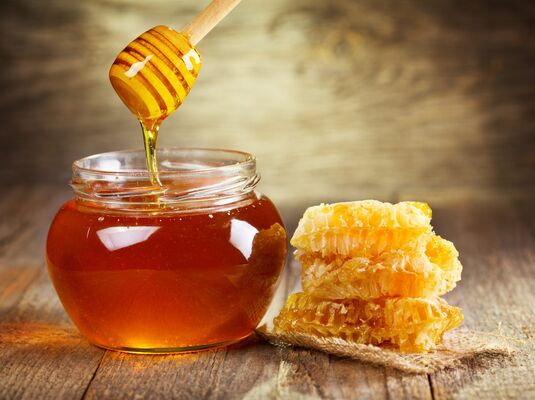PARSNIP is a root vegetable that comes from the same family as carrots and parsley. It’s particularly popular at Christmas, but the versatility and benefits of this root vegetable shouldn’t be underestimated.
Firstly, it is jam-packed with fibre, with an 80g portion size providing around 4g or thirteen per cent of your daily needs which is 30g. Fibre helps with digestion and gut health as well as weight management (high-fibre foods keep us feeling fuller for longer and so reduce the urge to eat).
Parsnip (below) is a good source of B-vitamins such as B9, as well as vitamin C. These help with our red blood cells, DNA, brain, collagen, immune systems and reducing inflammation in our bodies.
Because parsnip is a good source of water dissolving vitamins (including B9 and C), don’t boil your parsnip or the benefits of these vitamins will be largely lost. Parsnip is also a good source of minerals like phosphorus and potassium, which help with our bones, teeth, energy metabolism, electricity and water movement in and out of our cells.
As a root vegetable, parsnip takes longer to cook than non-root vegetables. For simplicity, put it in with your chicken or roast in the oven and add some herbs and spices to it.
Fruit and vegetables should of course be part of every balanced diet and as you consider that five portions per day that will keep the doctor away, there’s no better vegetable than parsnip to include on that list.
• Lee McCusker (BA; MSc; MSc; MSc; ANutr; SENr) is a registered nutritionist from Belfast and can be found on Facebook, Instagram and X, formerly twitter. Email: attentivenutrition@
gmail.com






